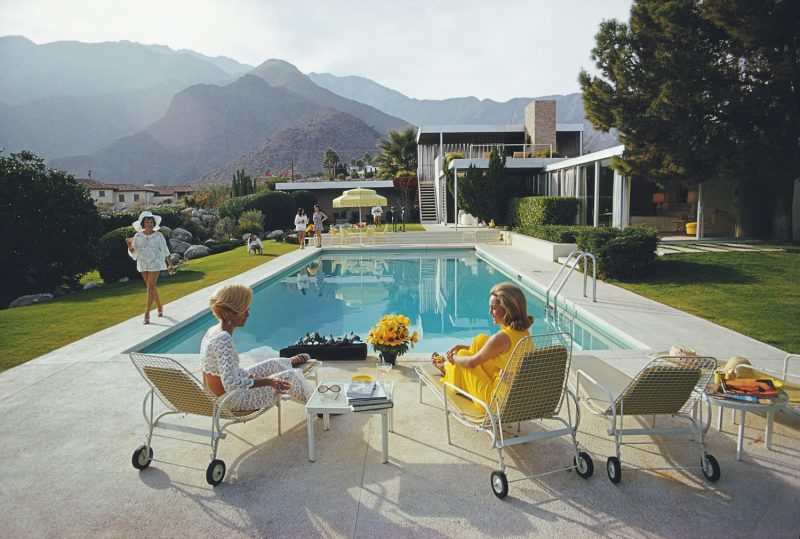
Americans Splash Less Cash: The Decline of Backyard Upgrades after the Pool Party
In a world where outdoor living spaces have become highly coveted, the pool industry in the United States has traditionally thrived on homeowners’ desires for backyard upgrades and luxurious amenities. However, recent trends indicate a shift in the demand for pool installations, signaling that the pool party may be over as Americans ease up on backyard upgrades.
The traditional image of the American Dream often includes a beautiful green lawn, a well-maintained pool, and a spacious deck for outdoor living and entertaining. For many homeowners, a pool symbolizes relaxation, luxury, and status. As a result, pool installations have been a popular choice for homeowners looking to enhance their outdoor living spaces and increase the value of their properties.
Despite the long-held appeal of pools, changing social and economic factors are influencing Americans’ attitudes towards backyard upgrades. Economic uncertainty, concerns about environmental impact, and shifting lifestyle preferences are prompting many homeowners to reevaluate their priorities when it comes to home improvements.
One significant factor contributing to the decline in demand for pool installations is the rising costs associated with building and maintaining a pool. The initial construction costs can be substantial, especially for elaborate designs or large pools. Additionally, ongoing maintenance, cleaning, and repair expenses can add up over time, making pools a costly investment for homeowners to upkeep.
In recent years, there has been a growing awareness of the environmental impact of traditional pool installations. Concerns about water scarcity, energy consumption, and chemical usage have led some homeowners to opt for more sustainable and eco-friendly alternatives to traditional pools. These alternatives may include natural swimming pools, saltwater pools, or other water-saving technologies that align with homeowners’ eco-conscious values.
Shifts in lifestyle preferences are also influencing the decline in demand for pool installations. Millennials, in particular, are prioritizing experiences over material possessions and are opting for low-maintenance outdoor living spaces that can accommodate a variety of activities, such as gardening, outdoor cooking, and socializing. As a result, some homeowners are choosing to forgo pools in favor of more versatile and functional outdoor spaces that better suit their lifestyle needs.
While the pool party may be over for some Americans, the outdoor living industry continues to evolve to meet changing consumer preferences and demands. As homeowners seek to create sustainable, functional, and aesthetically pleasing outdoor spaces, the pool industry may need to adapt by offering innovative solutions that align with these shifting trends. By exploring new technologies, materials, and design options, the pool industry can stay relevant and appealing to homeowners seeking to upgrade their outdoor living spaces in the future.
As Americans ease up on backyard upgrades, the pool industry faces the challenge of remaining competitive in a changing market landscape. By understanding the factors influencing this shift in demand and embracing innovative solutions that cater to evolving consumer preferences, the pool industry can navigate these changes and continue to play a valuable role in the outdoor living sector.
